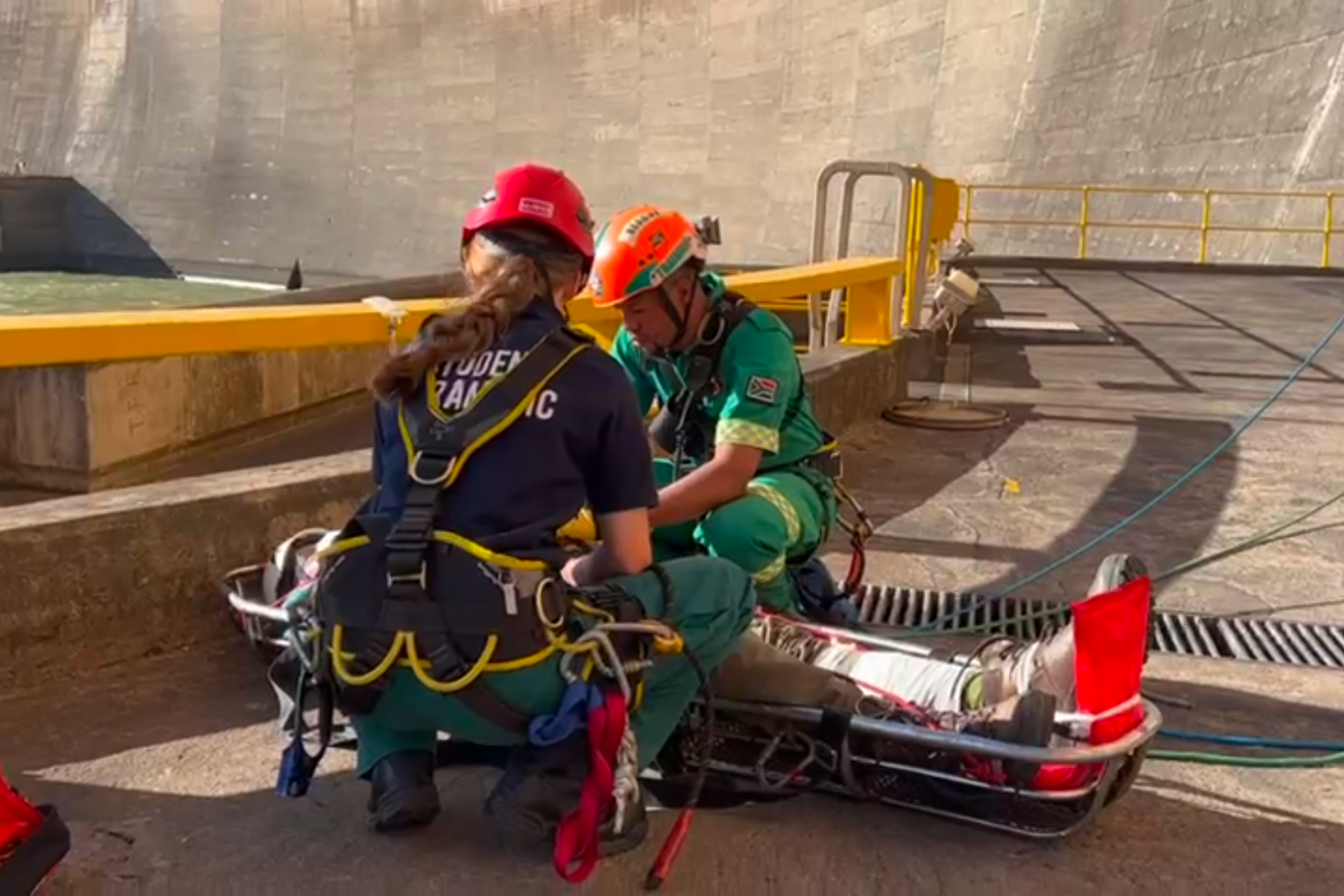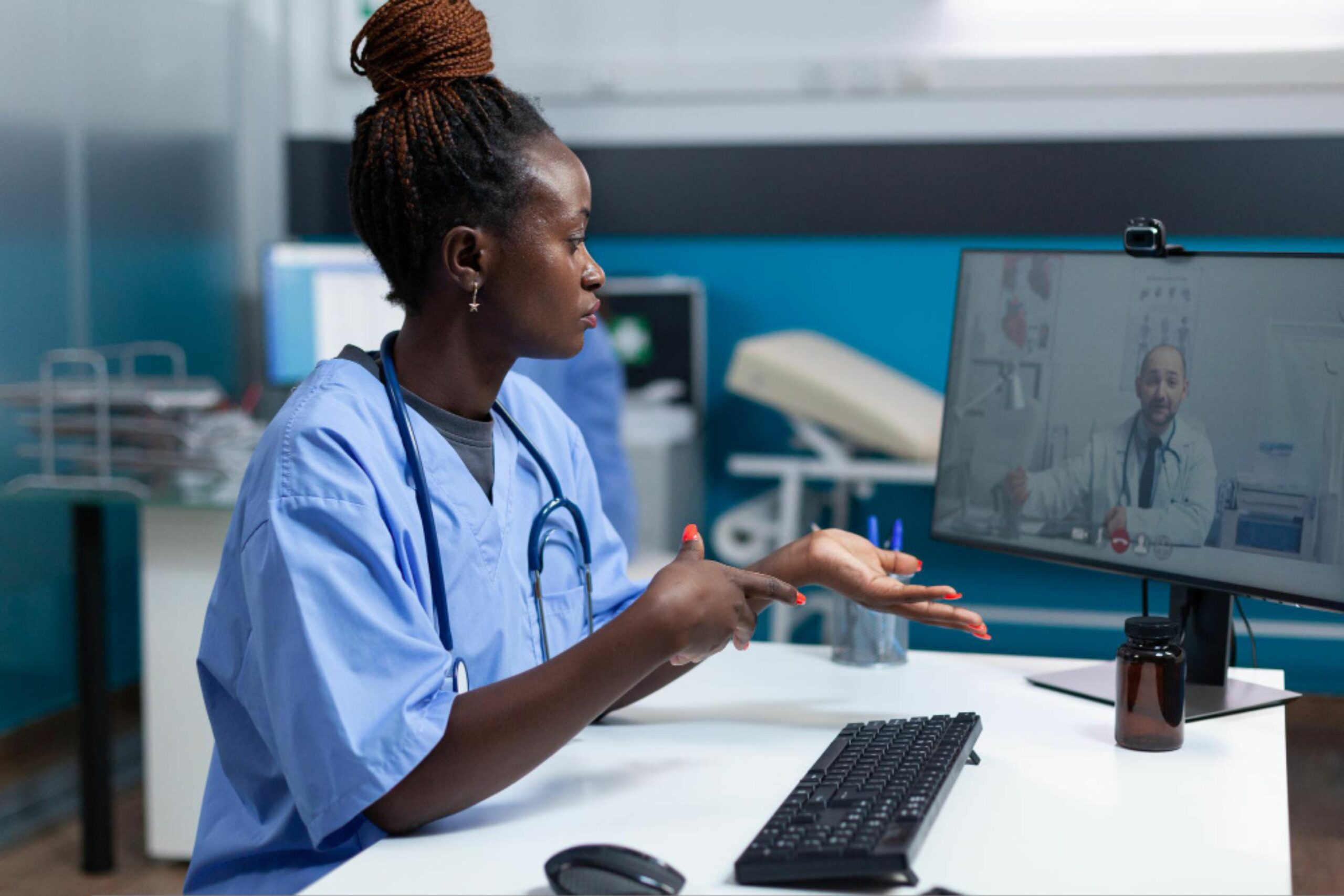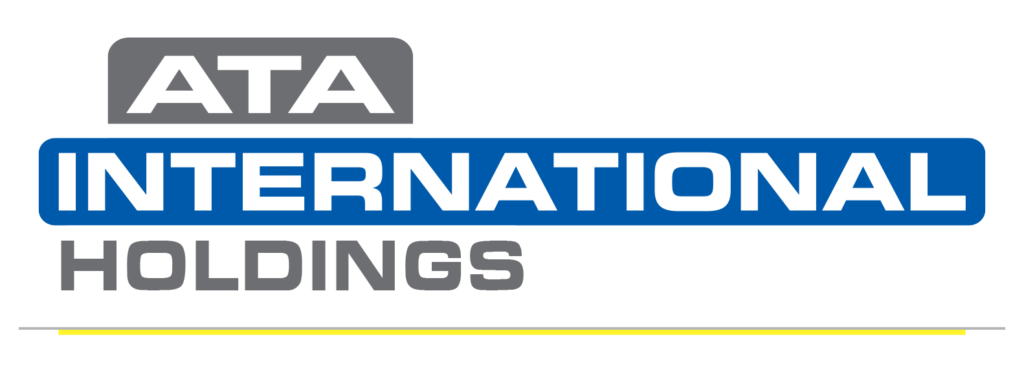We often get asked why on-site medical staffing is essential in remote environments. The simple answer is that these areas’ access to medical care and resources is often limited. In the case of an emergency where an employee has a heavy machinery injury or a fall, time is of the essence, and without fast medical treatment, the risk of death is high. Having on-site medical staff dramatically reduces this risk. It will give you, as an employer, and your employees’ peace of mind knowing that quality healthcare and treatment are available on-site should an accident occur. We deep dive into this subject in more detail below.
The Dangers of Not Having On-Site Medical Staffing
To understand the dangers of not having medical staffing on-site, answering the question, “What is medical staffing?” is essential. Within this context, medical staffing refers to creating a fully qualified medical team stationed in remote locations during specific greenfield projects. These medical professionals will be required to provide medical care for all employees. This includes medical assessments, treatment, care planning, risk assessment, medical care evaluation, and emergency care.
The absence of an on-site medical staff can have serious consequences that affect the health and safety of employees and the productivity of remote operations. The prevalence of workplace injuries and illnesses is a significant concern. Without trained medical professionals readily available, workers may not receive timely and appropriate care during emergencies. This not only puts the individual worker at risk, but it also increases the likelihood of lost time and decreased productivity for the operation as a whole.
The lack of access to medical services also affects chronic medical conditions. Workers in the construction, oil and gas, exploration, and mining industries are often situated in these remote locations for months with limited healthcare access. If there is no medical care or staff on-site, workers will be unable to manage any chronic health conditions leading to a decline in their health and increased absenteeism.
Both of these instances have significant financial implications on business operations. For example, suppose an employee needs urgent medical attention and has no on-site medical staff; the employee must be transported to a medical facility off-site. This takes time due to the need for more infrastructure, increasing the risk of not getting the required care. This takes financial resources. The lack of access to appropriate medical care can put employees at risk, potentially leading to lawsuits that impact workforce morale and the business’s overall reputation.

Medical Staffing Can Prevent Injuries and Illnesses
On-site medical and emergency care by trained and qualified medical staff can save lives and prevent illnesses and diseases. Having on-site medical staff allows you, as an employer, to take a proactive approach to health management.
On-site medical staff can conduct routine health screenings, administer vaccinations, and counsel employees. They will also be able to assist in identifying potential health issues and address them before they become severe. In this way, on-site medical staff assists employers in creating a safe and healthy work environment, even in the most remote locations.
Medical staff assists in fulfilling another role within the health management scope. This includes educating employees on safety measures as well as best practices. Through education-focused initiatives, medical staff can share their knowledge and experience, showcasing where they see the most injuries, how to prevent these, and highlighting health and safety concerns reoccurring within the work environment. Through this practice, on-site medical staff can reduce the number of workplace injuries and empower employees to take control of their health.
Following the above point, medical staff can collaborate with management to identify and address potential workplace hazards. This collaborative approach can be particularly beneficial in remote work environments where the risk of workplace injuries and illnesses may be greater due to the nature of the work. By working together, medical staff and management can proactively identify and mitigate potential hazards, reducing the likelihood of workplace incidents.
Through routine health screenings, educational initiatives, collaboration with management, and support for employees with chronic health conditions, medical staff can help to create a healthier work environment. By investing in on-site medical staffing, companies can take proactive approaches to enhance the well-being of their employees and reduce the risks associated with remote work environments.

Ensuring Quick Access to Medical Care in Emergencies
The availability of prompt medical care in the case of an emergency is of utmost importance to the health and safety of employees in remote work environments. In an emergency, time is of the essence, which is why access to trained medical staffing is critical.
A well-trained and equipped emergency response team is essential to ensure quick access to medical care in emergencies. This team should be composed of individuals trained in immediate medical care and emergency response procedures and equipped with the necessary medical supplies, equipment, and vehicles, such as ambulances and aeromedical evacuation. The presence of this team will give employees peace of mind, knowing that they have access to prompt medical attention and treatment in case of an emergency.
With suitable systems and medical staff, companies can ensure that employees receive the medical attention they need when needed, increasing their chances of recovery and promoting a safer work environment.
Conclusion
The presence of on-site medical personnel in remote work environments throughout Africa is a paramount concern. Their ability to prevent occupational injuries and illnesses, provide swift emergency care, and maintain employees’ overall health and well-being offers substantial value. Employers and managers must consider this investment as they strive to establish safe and healthy work environments for their workforce. Such an investment benefits employees and the company and demonstrates a commitment to promoting health and safety in the workplace. This improves employee morale as employees know their employers care about their health.

Trevor Justus, an esteemed Managing Director and founding partner with over 15 years of experience, holds a pivotal role at ATA International. With unwavering dedication, Trevor directs and controls the company’s operations, providing strategic guidance and direction to ensure the achievement of targets and objectives. In addition to his professional endeavours, Trevor leads a captivating personal life as a committed Game and Cattle Farmer. His passion for agriculture and sustainable practices serves as a testament to his deep connection to the land and business growth. As a visionary leader and consummate professional, Trevor Justus significantly contributes to ATA International’s success, leaving an indelible mark on the business.







